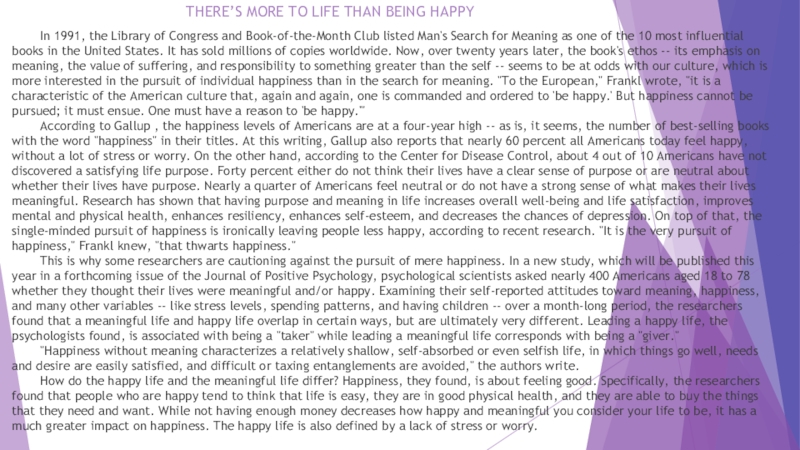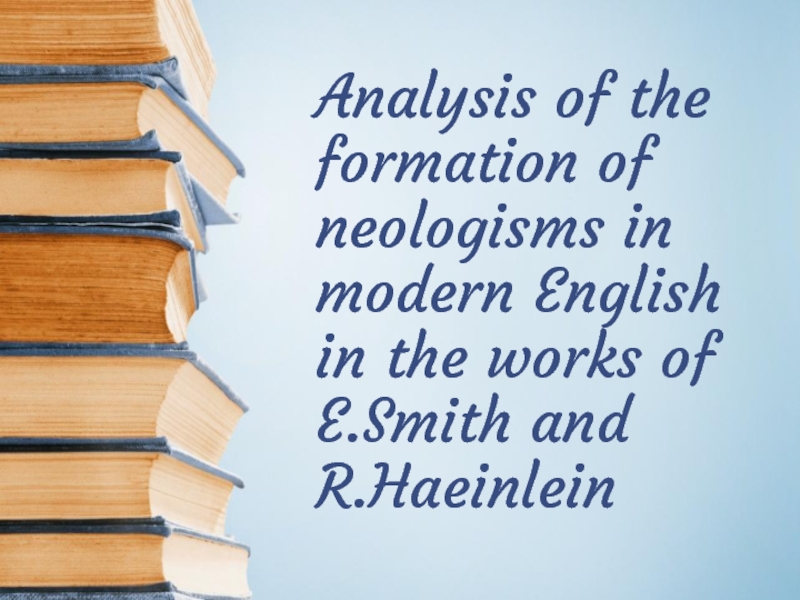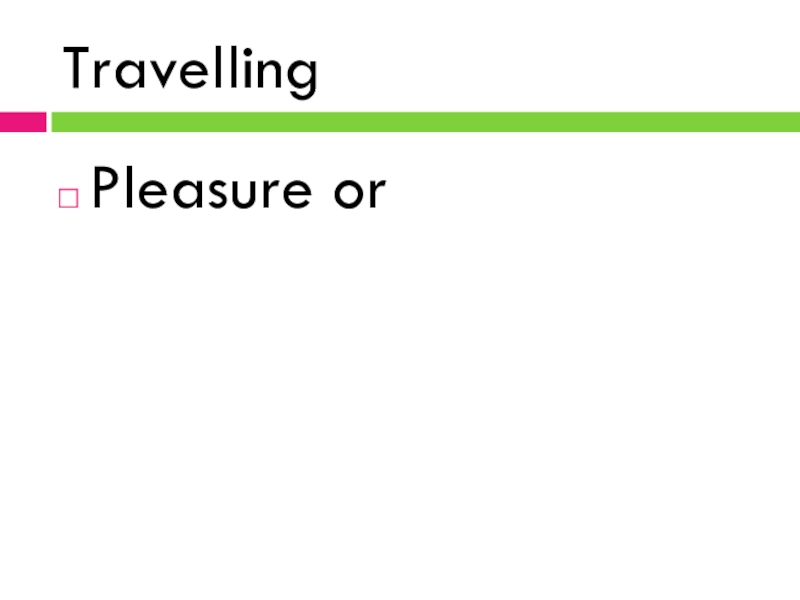Слайд 3Введение в тему урока
Today we are going to start a
new topic. But I want you to guess what it
is going to be about. Look at the pictures, what do you see? Ss- “We see smileys. They are laughing and smiling.” And when do we usually do that? Ss – “When we are in good mood.” That’s right! And what about you, S1, when do you smile? S1 – “I smile when I’m happy” S1, well done! Happiness, that’s what we are going to discuss.
Слайд 7THERE’S MORE TO LIFE THAN BEING HAPPY
In 1991, the Library
of Congress and Book-of-the-Month Club listed Man's Search for Meaning
as one of the 10 most influential books in the United States. It has sold millions of copies worldwide. Now, over twenty years later, the book's ethos -- its emphasis on meaning, the value of suffering, and responsibility to something greater than the self -- seems to be at odds with our culture, which is more interested in the pursuit of individual happiness than in the search for meaning. "To the European," Frankl wrote, "it is a characteristic of the American culture that, again and again, one is commanded and ordered to 'be happy.' But happiness cannot be pursued; it must ensue. One must have a reason to 'be happy.'"
According to Gallup , the happiness levels of Americans are at a four-year high -- as is, it seems, the number of best-selling books with the word "happiness" in their titles. At this writing, Gallup also reports that nearly 60 percent all Americans today feel happy, without a lot of stress or worry. On the other hand, according to the Center for Disease Control, about 4 out of 10 Americans have not discovered a satisfying life purpose. Forty percent either do not think their lives have a clear sense of purpose or are neutral about whether their lives have purpose. Nearly a quarter of Americans feel neutral or do not have a strong sense of what makes their lives meaningful. Research has shown that having purpose and meaning in life increases overall well-being and life satisfaction, improves mental and physical health, enhances resiliency, enhances self-esteem, and decreases the chances of depression. On top of that, the single-minded pursuit of happiness is ironically leaving people less happy, according to recent research. "It is the very pursuit of happiness," Frankl knew, "that thwarts happiness."
This is why some researchers are cautioning against the pursuit of mere happiness. In a new study, which will be published this year in a forthcoming issue of the Journal of Positive Psychology, psychological scientists asked nearly 400 Americans aged 18 to 78 whether they thought their lives were meaningful and/or happy. Examining their self-reported attitudes toward meaning, happiness, and many other variables -- like stress levels, spending patterns, and having children -- over a month-long period, the researchers found that a meaningful life and happy life overlap in certain ways, but are ultimately very different. Leading a happy life, the psychologists found, is associated with being a "taker" while leading a meaningful life corresponds with being a "giver."
"Happiness without meaning characterizes a relatively shallow, self-absorbed or even selfish life, in which things go well, needs and desire are easily satisfied, and difficult or taxing entanglements are avoided," the authors write.
How do the happy life and the meaningful life differ? Happiness, they found, is about feeling good. Specifically, the researchers found that people who are happy tend to think that life is easy, they are in good physical health, and they are able to buy the things that they need and want. While not having enough money decreases how happy and meaningful you consider your life to be, it has a much greater impact on happiness. The happy life is also defined by a lack of stress or worry.




























